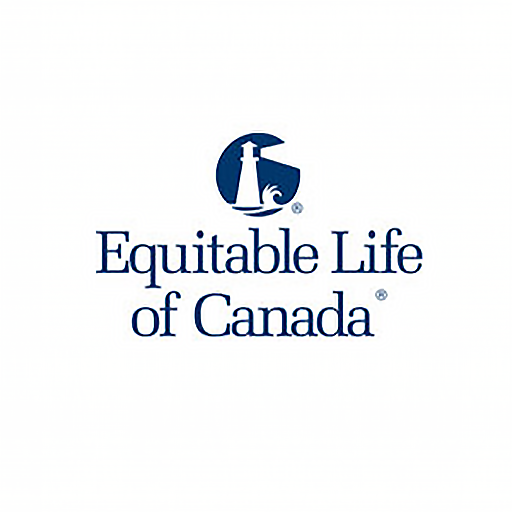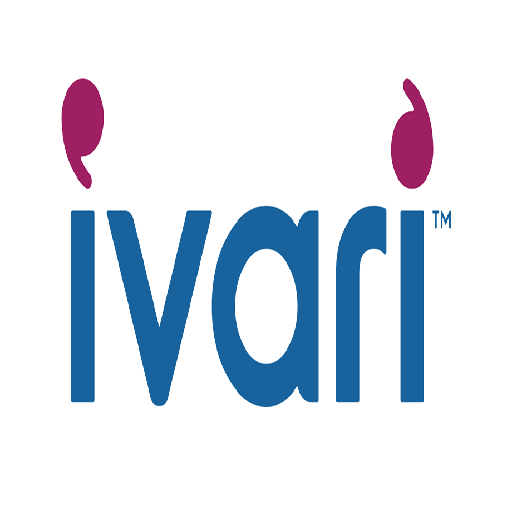Universal insurance allows policyholders to pay their premiums with customized options which can be as a single or fixed premium. It is the most flexible of the policies as it allows adjustments of premiums and death benefits.
Are you looking for an insurance plan that gives you the advantage of flexibility, whole life coverage, and investment setting with very manageable low premiums?
Do you want a life insurance policy whose coverage changes with time giving you the ability to cover needs as they arrive?

When do I need Whole Life Insurance?
- When you as a policyholder are thinking of leaving your dependents with leave a significant inheritance.
- You have contributed the maximum amount to your RRSP and your TFSA.
- When you want to safeguard and protect the value of the company.
How does Universal Life Insurance Work?
Universal insurance consists of two aspects; these are the cost of insurance and the cash value which is the saving component.
The cost of insurance is the minimum amount of premium required to keep the insurance active. The payments included in these are mortality, policy administration, and any other expenses meant to enforce the policy. The cost of insurance is subject to the age, insurability and insured risk amount of the policyholder.
The cash value portion of the policy is made up of the extra premiums paid by the policyholder. The premiums paid by the policyholder increases as the policyholder grows older but the policyholder can divert the cash value amount to cover the expenses of the extra premiums should they be enough.
What are the advantages of purchasing Universal Life Insurance?
- More affordable than whole life insurance
- It offers flexible premium options
- The death benefits are adjustable which means the policyholder can increase or decrease as best suites
- It is accompanied by a guaranteed interest rate in the form of cash value
- It can be adjusted with the change in needs and time
How can I access the cash value of my policy?
Surrendering the value in the event that the policyholder that the insurance is not a necessity. The cash value can also be used as loan collateral should the policyholder decide to take a loan from the insurer.
The cash value amount can be used to pay for the regular premiums provided that the cash value doesn’t lapse to zero. When a policyholder’s cash value drops to zero, that will be the end of the policy
Types of Universal Life Insurance
This is just like the standard universal insurance except that the growth of the cash value is subject to the performance of the index.
This operates, in the same way, indexed universal life insurance policy. The main difference between the two is that variable insurance allows the policyholder to invest the cash value in different groups in a way that resembles mutual investments.
This type of universal insurance gives the policyholder the privilege of enjoying their purchased death benefits even when cash value drops to zero.
Comparison Between Different Life Insurances
- Comparison
- Premium Cost
- Lifelong Cover
- Investment Component
- Cash Value
- Pros
- Cons
- Who needs it?
- Term Insurance
- Lowest
- No
- No
- No
- Easiest, most affordable, Debt protection
- Covers for the specified duration selected in the policy
- People looking for short term liabilities
- Whole Life
- Slightly High
- Yes
- Yes
- Steady, based on initial approved Rate of Return
- Most Reliable for cash and death benefits builds wealth and estate planning, provides guarantees and growth
- Inflexibility to change
- People looking to build Long term assets without market risk.
- Universal Life
- High
- Yes
- Yes
- Variable, based on investment portfolio
- Flexible for premiums build wealth and estate planning
- Slow growth if market crashes
- People looking for building long term assets with flexibility over time and investment.
Whole Life Plans
Following are some general stats and also stats as per person aged 30 in 2020 (male)
- Comparison
- Guaranteed Premiums
- Guaranteed Permanent Cover
- Protection coverage
- Cash Value at age 50
- Cash Value at age 65
- Cash Value at age 85
- Best Suited for
- Premium
- Estate Builder
- 20 years
- Till Age 100
- $100,000 or more
- $32,771
- $83,774
- $210,810
- For those looking for higher long-term value. Ideal for estate planning and covering taxes and fees at death so your estate passes intact to your heirs.
- $112.02 per month
- Wealth Accumulator
- 20 years
- Till Age 100
- $100,000 or more
- $38,801
- $94,534
- $248,048
- For those looking for higher early cash values within the first 20 years. Ideal for building wealth you can access during your lifetime.
- $171.25 per month
Our Trusted Partners
Riders
- Critical Illness
- Waiver of Premium
- Accidental Death
- Accelerated death benefit
- Term life rider allows the purchase of more life coverage.
- Guaranteed purchase option rider





